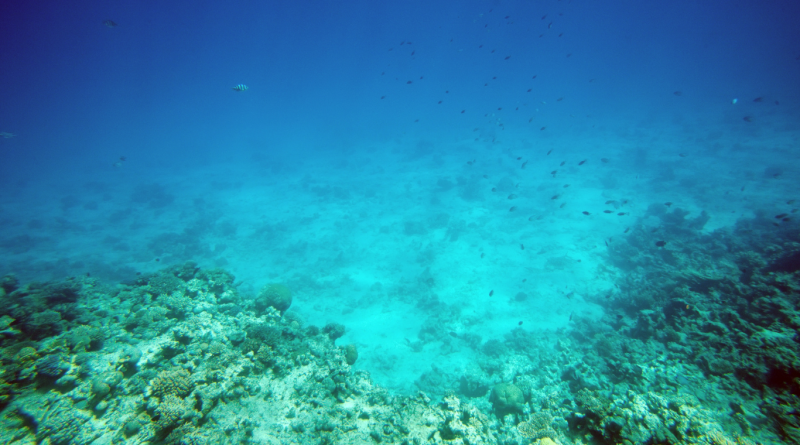The 5 Critical Minerals Found on the Ocean Floor
As the global push for clean energy and digital innovation intensifies, so does the demand for critical minerals. With land-based sources becoming harder to access, attention is turning to the deep sea. Rich in cobalt, nickel, and other essential elements, the ocean floor could offer a new supply route, if environmental and regulatory challenges can be overcome. This article explores the key minerals found through deep-sea mining and what they’re used for in today’s tech-driven world.
1. Cobalt: Powering the electric revolution
Cobalt is a vital component in lithium-ion batteries, which are integral to electric vehicles (EVs), smartphones, and renewable energy storage systems. The majority of cobalt currently comes from the Democratic Republic of Congo, raising concerns about supply chain stability and ethical sourcing.
Applications:
- Lithium-ion batteries for EVs and electronics
- Superalloys in aerospace engineering
- Catalysts in chemical industries
Deep-sea mining, particularly in the Clarion-Clipperton Zone (CCZ), offers an alternative source of cobalt. Polymetallic nodules found in this region contain significant cobalt concentrations, potentially reducing reliance on terrestrial mining and associated geopolitical risks.
2. Nickel: Strengthening infrastructure and energy storage
Nickel is one of the critical minerals that are essential for producing stainless steel and high-capacity batteries. Its demand is projected to rise with the growth of EVs and renewable energy systems.
Applications:
- Stainless steel production
- Battery cathodes for EVs
- Alloys for turbines and power plants.
Deep-sea nodules in the CCZ are rich in nickel, offering a substantial resource to meet future demands. However, extraction methods and environmental impacts require careful consideration.
3. Manganese: Supporting steel production and battery technology
Manganese is crucial for steel manufacturing and is increasingly used in battery technology. Its abundance in deep-sea nodules makes it a target for marine mining operations.
Applications:
- Steel production as a deoxidizing and desulfurizing agent
- Cathode materials in batteries
- Fertilizers and animal feed additives
The high manganese content in seabed nodules presents an opportunity to diversify supply sources, though environmental assessments are necessary to mitigate potential ecological disturbances.
4. Copper: Conducting the energy transition
Copper’s excellent electrical conductivity makes it indispensable for power generation, transmission, and electronic devices. With the expansion of renewable energy and electrification, copper demand is set to increase.
Applications:
- Electrical wiring and components
- Renewable energy systems like solar panels and wind turbines
- Electric vehicle motors and charging infrastructure
Deep-sea mining could supplement copper supplies, but the extraction process must be balanced against potential impacts on marine ecosystems.
5. Rare Earth Elements: Enabling advanced technologies
Rare earth elements (REEs) are a group of 17 metals critical for high-tech applications, including electronics, defense systems, and clean energy technologies. Their unique magnetic and luminescent properties make them irreplaceable in many modern devices.
Applications:
- Permanent magnets in wind turbines and EVs
- Phosphors in lighting and displays
- Catalysts in automotive and industrial processes
Some deep-sea mineral deposits contain REEs, offering a potential avenue to diversify sources beyond current dominant suppliers. However, the feasibility and environmental implications of extracting REEs from the ocean floor remain under study.
Deep-sea mining presents a promising yet complex solution to the growing demand for critical minerals essential to modern technologies and the global energy transition. While the ocean floor holds vast mineral wealth, the environmental, ethical, and regulatory challenges associated with deep-sea mining necessitate a cautious and informed approach. Balancing the benefits of resource extraction with the imperative to protect marine ecosystems will be crucial as the industry evolves
